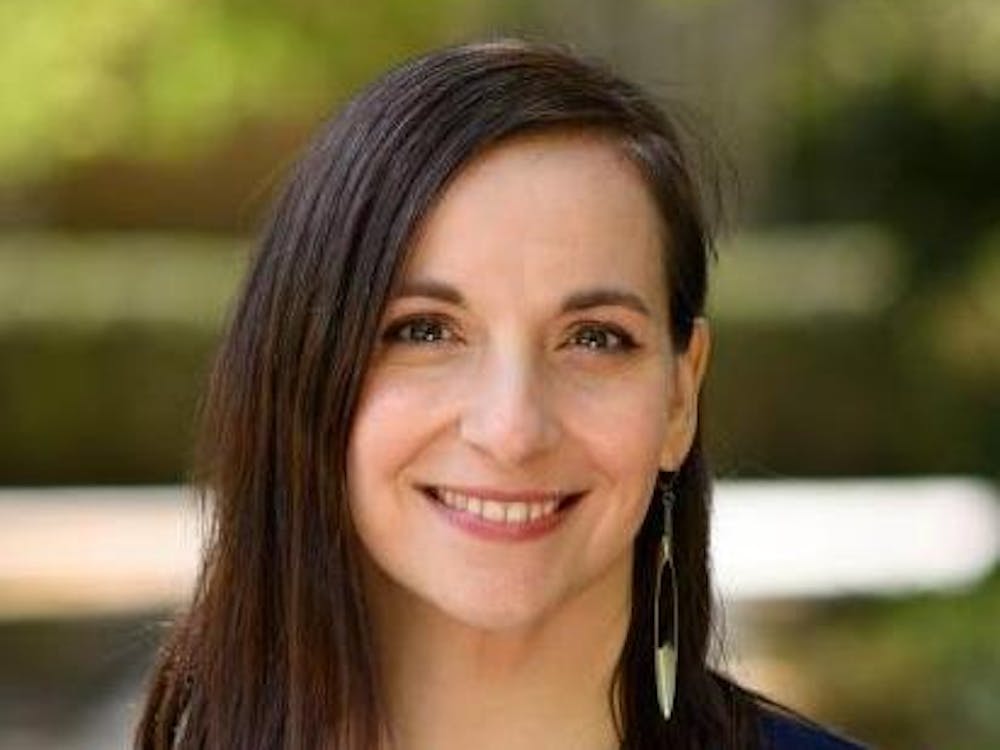During Bicker I was asked a question that, like most Bicker questions, was banal: What do you look for in a friend?
The responses I heard followed these lines: I look for people who are similar to me so that they like the same things that I do. I look for someone who likes to eat all the time because I need a food buddy. I look for someone who loves unconditionally. I look for someone rich so that they can pay for my food. I look for someone who reads as much as I do so that we can collectively rave about those books.
That last response might have been mine. But it was not what came spilling out of my mouth.
Instead, I told the story of spraining my ankle last year. It was a late night. I was wearing new heels. And then, snap. I was lying on the ground in 1927‐Clapp Hall, unable to move. One of my friends who lived in that hallway came out of his room and saw me. He and some other friends helped me up. He yelled orders for someone to bring me snow from the courtyard as he sat me up and took off my heels despite my protests. I spent that night lying in his bed, crying and playing Green Day songs as I contemplated my swollen foot. And then the next morning another friend showed up to take me to McCosh Health Center because I simply couldn’t go alone.
That’s what I value in friends. The knowledge that, if I need them, they will be there in the blink of an eye and care enough about me to be inconvenienced by my stupidity.
At the University, it’s easy to find witty, smart, fun people to hang out with. Because there are so many, we begin to collect them so that we might say “hi” when we pass them on the street. Occasional dinners, rescheduled at least three times, are the staple of such relationships. This is what networking might look like in the real world.
We end up connecting with at least some of these people on a deeper level. But these are not friendships that will endure. When we leave campus for good, they will fade into insignificance.
I’m not criticizing these friendships. They’re necessary because spending time with different people makes you a better, smarter person. And sometimes deeper friendships spring from this act of “collecting.”
But I’ve had a lot of time recently to reflect on the people that I consider my real friends. The biggest criterion: Will they be there for me when I need them? When you’re down in the dumps, the people that come through are the people that matter. They are the people you trust enough to share your misery with.
I am lucky to have so many of these people in my life. The friend who showed up looking like death, with red eyes and a massive fever, to hug me when I felt like the world had turned on me. The friend who slept in my bed (for almost two days in a row) and listened to me rant about Harry Potter characters as a way of distracting myself. The friend who ran home from a night out so that she could quell my panic attack at 2 a.m. The friend who skipped a shift at work so that she could be there for me when I was falling apart. The friend whom I didn’t previously recognize as a close friend, but who stayed with me till 4 a.m. holding me and then, the next day, helped me stare at a wall while I coped with my life.
Certainly it’s great to hang out with these people on a normal day — to grab a meal with them, to go out with them. But it’s something entirely different to fall apart in front of them and have them piece you back together — tell you that they care about you, not with words but with their presence.
What I am saying is nothing new. But it’s worthwhile to pause for a second and compile a list of people who will do for you what my friends have done for me. It doesn’t have to be long, but it has to be filled with people who you know will be there for you.

By all means, keep collecting different people on campus. But also take the time to care about the people who you know will drop their lives in a second to come take care of you. And even more importantly, be prepared to do the same for them when they need you.
Bhaamati Borkhetaria is a sophomore from Jersey City, N.J. She can be reached at bhaamati@princeton.edu.








